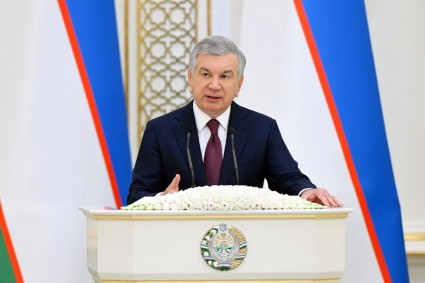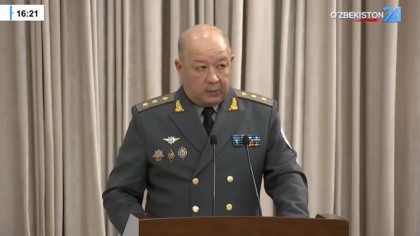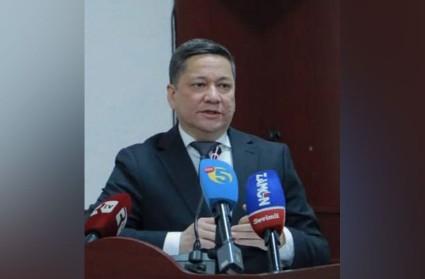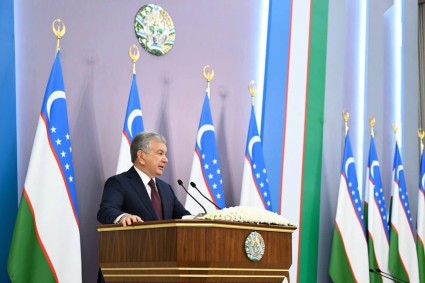On the evening of October 20, a report surfaced on social media claiming that a 31-year-old man, sentenced in 2018 to 16 years in prison for rape and held in a penal colony in Akhangaran district of Tashkent province, had raped a third-grader.
The reports stated that the incident occurred on October 16, when the girl was returning home from school. Attached were photographs of the convict and a copy of a wanted poster with information about him. The poster said that the convicted, M. T., who had been assigned to "useful labor" at a local enterprise, fled the enterprise around 4:00 PM and was therefore placed on the wanted list.
Shortly after the reports surfaced, the Tashkent Province police department announced that the suspect had been detained that same day, October 16, and taken into custody. A criminal case has been opened against him under Part 4 of Article 119 of the Criminal Code of Uzbekistan—Gratification of sexual desire in an unnatural manner using violence, threats, or taking advantage of the helpless state of a victim under 14 years of age (punishable by 15 to 20 years in prison).
According to the description, the man was married, unemployed, and had no criminal record at the time of the previous crime. He was arrested in November 2017 and sentenced the following April by Fergana province criminal Court to 16 years in a general colony under Part 4 of Article 118 of the Criminal Code – Rape of a person under 14 years of age (punishable by 15 to 20 years in prison).
In August 2024, the Nishan district criminal court ordered the prisoner's transfer to a penal colony-settlement in accordance with Article 113 of the Criminal Executive Code (which defines the procedure for serving sentences in penal colonies-settlements). This article, in particular, allows for the transfer to a penal colony of convicted prisoners who have embarked on the path of correction and have served at least a third of their sentence.
Note: Those held in penal colonies-settlements are kept without guards, but under supervision, and have the right for free movement within the colony’s territory, and, with the permission of the administration, can move without supervision outside the colony if this is necessary due to work or education.














